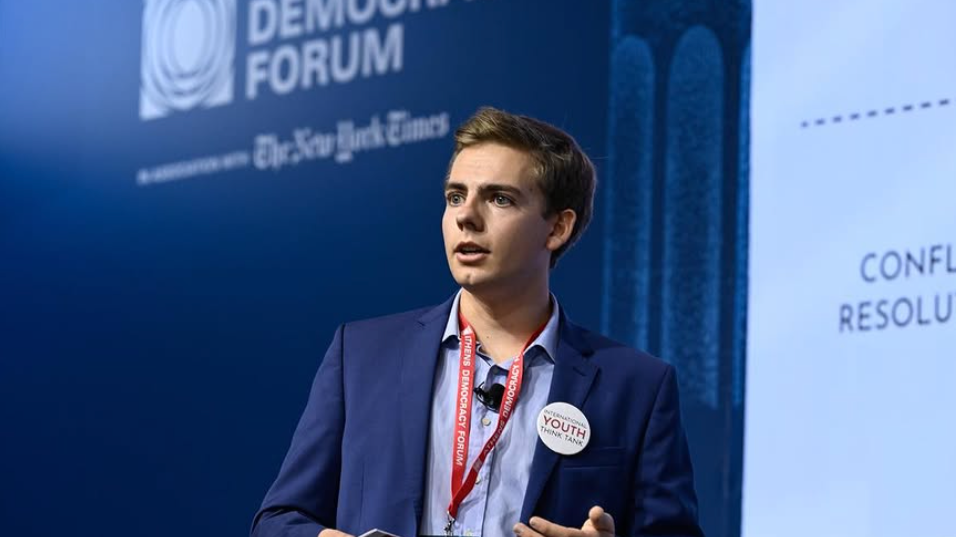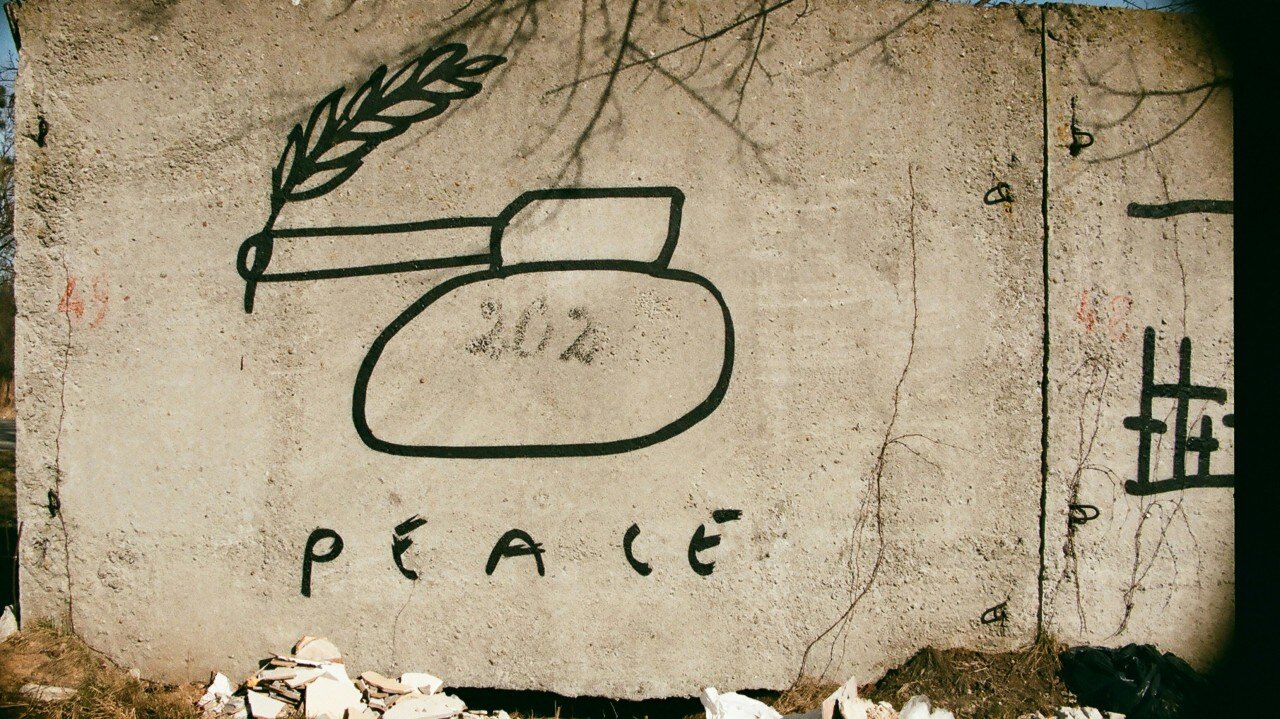Rethinking Human Rights and Business in Mozambique: A Conversation with Helder Nhamaze
An interview with Helder Nhamaze, Senior Expert, INCAS
Mozambique has come a long way since the end of its civil war in 1992. Yet the country continues to face complex social, political, and economic challenges, including the ongoing conflict in Cabo Delgado and debates around governance and inclusive development following the 2024 elections.
We spoke to our Senior Expert, anthropologist and researcher Helder Nhamaze, to explore how businesses operating in Mozambique can navigate this evolving landscape through a human rights lens, and where the international community can strengthen its engagement.
Q: What should businesses keep in mind when conducting human rights impact assessments in Mozambique?
Helder: Two things stand out. First, awareness of human rights is uneven across the country. Second, even where there is awareness, the importance of safeguarding those rights is not always fully appreciated or prioritised.
Mozambique’s history, marked by a war of independence, a civil war, and a long journey toward peace, has understandably shaped how rights are understood and protected today. A good example is the national conversation around our flag, which features a Kalashnikov rifle. For many, it’s a symbol of our struggle; for others, a reminder of a past we are still working to move beyond.
Despite these challenges, there are solid foundations. We have a National Commission for Human Rights and several NGOs working actively across the country. But there’s still a need for stronger institutional mechanisms and wider awareness at all levels.
In this context, businesses, particularly multinationals, have an important role. Human rights impact assessments (HRIAs) are not only part of compliance and due diligence; they are also opportunities for businesses to align operations with international standards and local realities. I’ve had the chance to support several HRIAs in Mozambique, and each one has reinforced how crucial it is to engage communities meaningfully.
A major milestone came last year when, with support from the EU and the UN High Commissioner for Human Rights, we finalised Mozambique’s National Action Plan on Business and Human Rights. It aligns with the UN Guiding Principles and offers a concrete framework for companies seeking to embed rights-based approaches in their operations.
Q: How can businesses align their commitments with Mozambique’s development needs?
Helder: One of the most important principles is that CSR should support, not substitute, what the state is responsible for. Businesses can contribute meaningfully, but not by stepping into the government’s role of service delivery.
Mozambique has benefitted from decades of donor and corporate investment. But some CSR efforts, whether distributing food or building schools—are implemented without long-term integration into national systems. While well-intentioned, these efforts sometimes risk reinforcing dependency or bypassing local structures.
Instead, businesses should look at how to complement national development goals. This could be through capacity-building, technical support, or investments that strengthen institutions. Ultimately, it’s about partnership, helping the state fulfil its responsibilities, not replacing them.
Q: How can the international community support Cabo Delgado more effectively?
Helder: The situation in Cabo Delgado is complex. The province has immense natural wealth, but many of its communities have historically lacked access to education, jobs, and healthcare. These development gaps, coupled with external influences, created fertile ground for instability.
The international community’s support has been critical, from humanitarian aid to peacebuilding efforts. But the impact could be greater with deeper local engagement and better alignment with long-term needs. In particular, greater inclusion of local expertise in programme design and delivery would be a step forward.
Many local NGOs and professionals have the skills and insights needed to contribute meaningfully. Yet, they are sometimes overlooked in favour of international staff. Addressing this imbalance isn’t just about language, it’s about context, trust, and relevance. When local actors are empowered, responses are more grounded and sustainable.
Similarly, reconstruction efforts must prioritise inclusive development, ensuring that young people and communities in Cabo Delgado see tangible benefits. Economic inclusion, education, and access to services all play a role in reducing vulnerabilities and building long-term peace.
Mozambique’s development and stability require a shared commitment, from government, business, and international partners. Human rights are not a separate agenda, they are central to effective, sustainable engagement. Companies operating in Mozambique today have an opportunity not just to invest, but to contribute meaningfully to the country's long-term resilience.
 By
By


